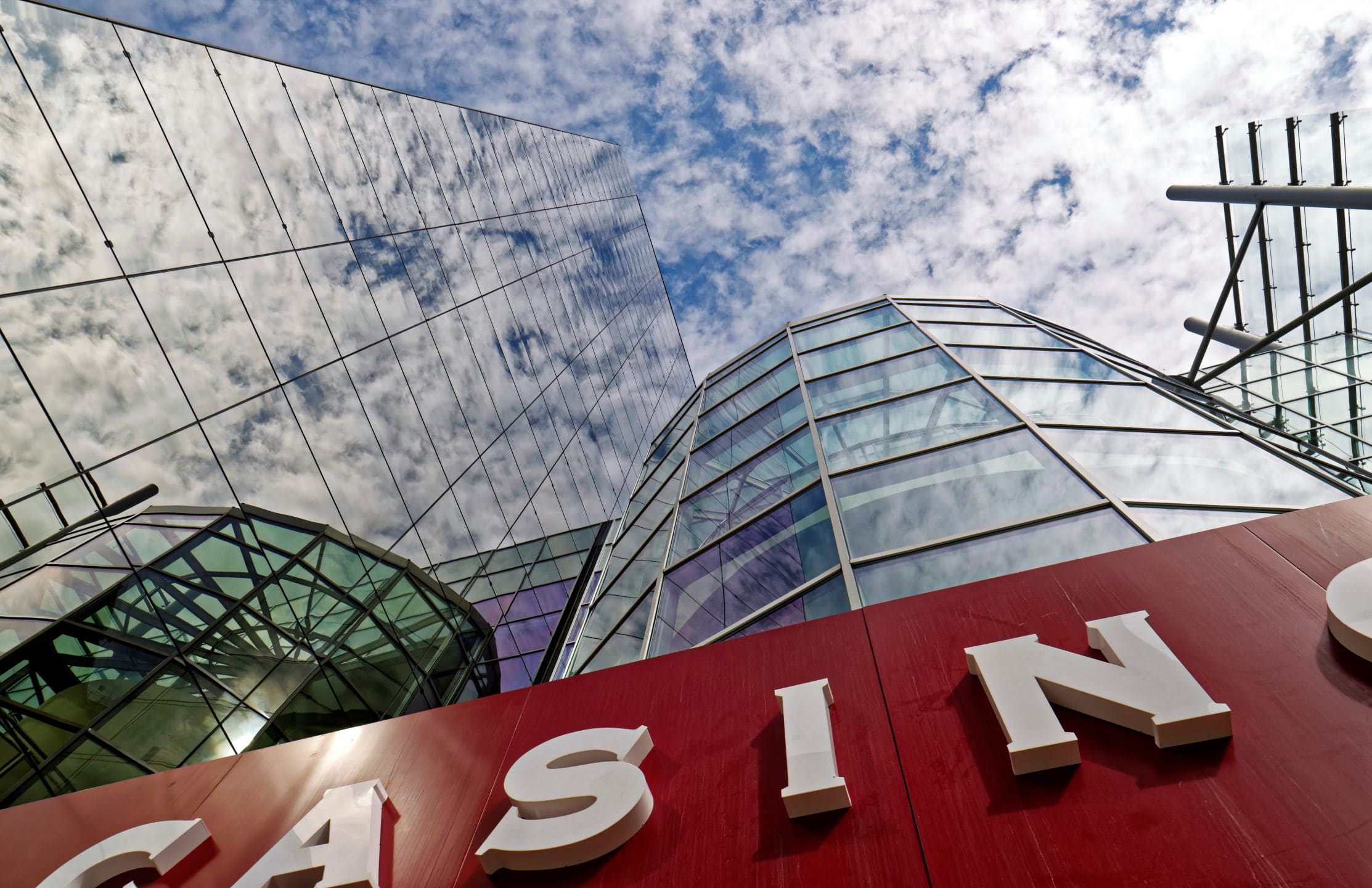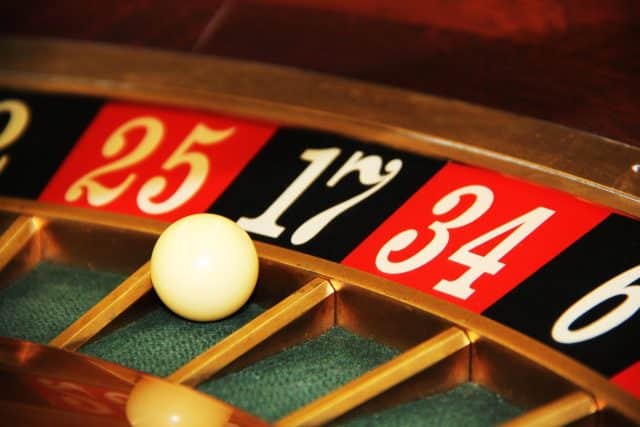
According to the National Institute on Drug Abuse (NIH), the number of adults worldwide with a gambling disorder (including pathological gambling) is nearly 5.3% of the total population - nearly 390 million individuals. [1]
In the United States, roughly 15% of Americans gamble at least once per week, with 10% of them being teenagers. [2] As gambling rates have increased in recent years, so have deaths from a drug overdose. Since 1990 drug overdoses in the United States have tripled, with addiction costing the U.S. economy more than $600 billion each year. [3]
As phone games continue to adopt the now-universal “loot box,” individuals are being exposed to gambling mechanics at a younger and younger age. Understanding how the mind and body react to gambling, and its similarities to drug addiction are critical if we are to combat the ever-growing epidemic of addiction.

The 'rush' of gambling can be very much like the brain chemistry when someone is addicted to drugs.
Before understanding how drugs affect the brain, it’s important to get some key terms out of the way. Contrary to the now popular belief, dopamine has less to do with pleasure, and more to do with rewards. According to drugabuse.org, “Just as drugs produce intense euphoria, they also produce much larger surges of dopamine, powerfully reinforcing the connection between consumption of the drug and the resulting pleasure.” [4]
This change in reward systems can negatively affect the brain and cause the individual to no longer feel motivated to do things that previously brought meaning to them. It can also lead to tolerance, leading the individual to need higher quantities of the drug in order to achieve the same high as before. This creates a negative feedback loop and for many, an endless cycle unless the victim receives outside help.
Many people can understand how drugs can be addictive because the body builds up a tolerance and, eventually, a need for specific chemicals. More difficult, however, is seeing how gambling can become addictive. The psychological effects of gambling can be just as strong as the most potent drug. In 2013 gambling disorders were moved to the “Substance-Related and Addictive Disorders category, which includes alcohol and drug addictions.”[5]
Just as with drugs, individuals can build up a tolerance to gambling, needing higher and higher stakes in order to meet the cravings that once satisfied them. Jon Grant from the University of Chicago states, “When people try to stop, they go through withdrawal, with insomnia, agitation, irritability, and a feeling of being ill at ease, similar to what we see in some substance abuse disorders.” [6] Despite not having injected any foreign chemicals into the body, the mind becomes powerful enough to manifest real physical symptoms until the victim returns to the high-stakes of gambling.

Online gambling provides the same excitement of a Las Vegas casino from virtually anywhere in the world. The reduction in barriers to entry allows an individual access at any time of the day. Previously restricted to vacations and one-timers, these new casinos have become large businesses preying, especially on teenagers and young adults.
In 2010 online gambling casinos grossed 29.3 billion dollars, an increase largely attributed to college students, with 23% of students reporting they have gambled online before. [7] In a study done by Mary Wilber and Marc Potenza entitled “Adolescent Gambling,” it was reported that early initiation and family influence were the two biggest factors to whether someone would develop a gambling addiction. [8]
Despite the lack of a biological link towards gambling, family history plays just as strong a role in determining whether a child will grow up with a gambling addiction as exposure. The similarities between the likelihood of an individual developing gambling or drug addiction are striking.
One of the most difficult parts of confronting a drug addiction is for the user to admit that they have a problem and receive treatment. Despite over 21 million Americans having an addiction, only 10% receive treatment. [9] If it’s difficult to convince a drug addict that they have a problem, it is even more so for an individual with a gambling addiction.
Because gambling addictions are less visible to outsiders than drug addictions, many friends or family members can have no idea the victim has a problem. Couple this with the increased availability in gambling through online casinos and an individual could have a serious gambling problem without appearing to have any problem at all.
Gambling addictions also get swept under the rug because 76% of problem gamblers have a major depressive disorder, according to the NCPG (National Council on Problem Gambling). [10] Loved ones may attempt to fix what they perceive to be depression, and all the while being oblivious to the individual’s gambling problem. In order to receive help, they must first admit they have a problem. It’s important for loved ones to get involved by realizing the danger of compulsive gamblers and understand that many of the tell-tale signs are the same as with drug addictions.

Gambling and Drug Addiction share many similarities; they both tap into the brain’s reward center and create negative feedback loops that perpetuate the user to continue to use at higher amounts until tolerance is established.
Once tolerance is established, the user must risk more and more in order to get the same rewarding feelings that they once had. Withdrawals accompany both behaviors that make it incredibly difficult to quit, as well as a similar form of denial between the users of both drugs and gamblers. Both gambling and drug addictions have side effects such as depression and a lack of motivation that make them difficult to classify.
It is important for loved ones to get involved as early as possible in order to prevent users from getting out of control. As rates of drug and gambling abuse continue to rise, it’s important that we pay attention to our appetites so that a one-time thing doesn’t become a habit.
https://www.ncbi.nlm.nih.gov/pmc/articles/PMC3361844/
https://addiction.lovetoknow.com/wiki/Gambling_Addiction_Statistics
https://www.drugabuse.gov/publications/drugs-brains-behavior-science-addiction/drugs-brain
https://www.brainfacts.org/diseases-and-disorders/addiction/2015/gambling-addiction-and-the-brain
https://www.brainfacts.org/diseases-and-disorders/addiction/2015/gambling-addiction-and-the-brain
https://addiction.lovetoknow.com/wiki/Gambling_Addiction_Statistics